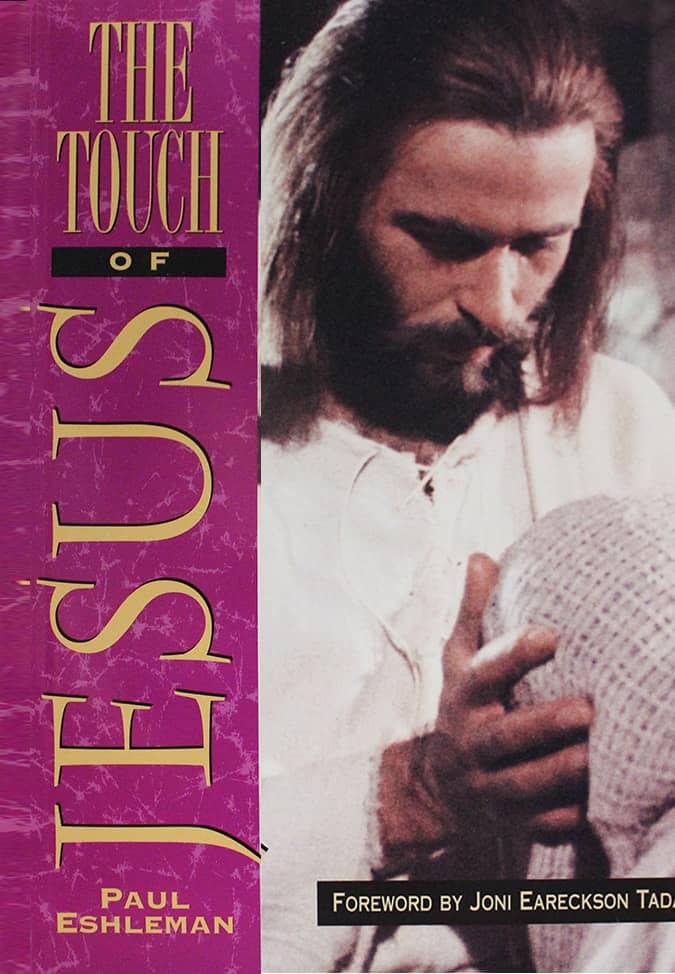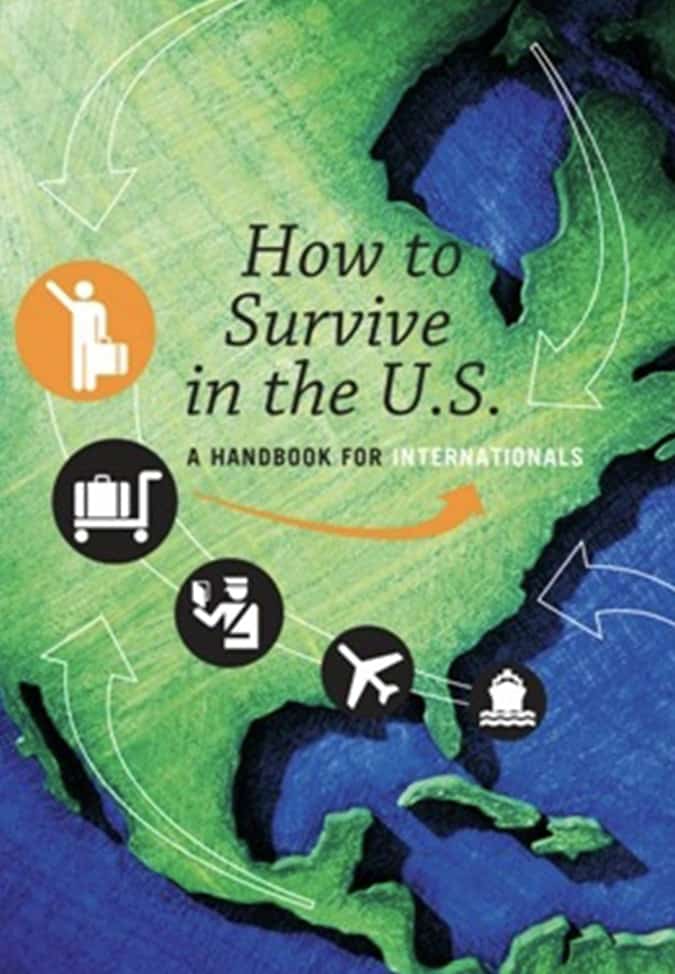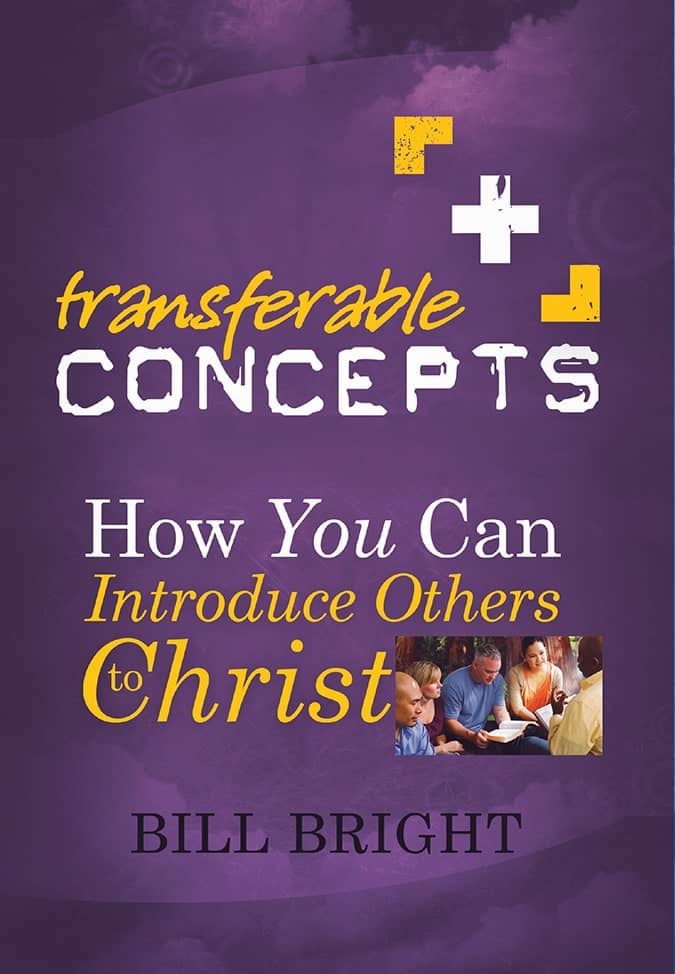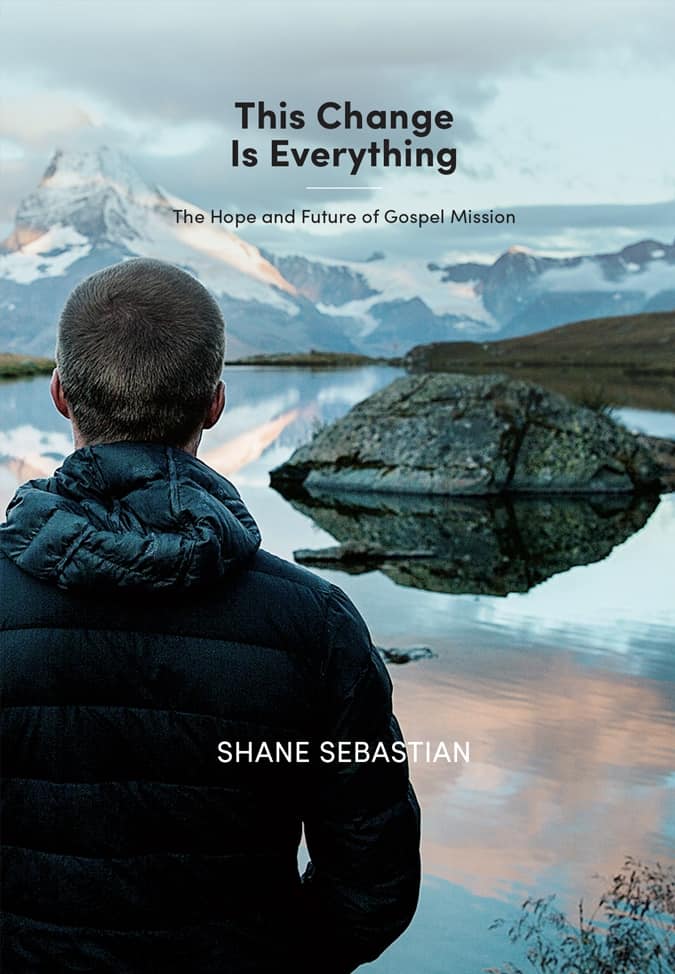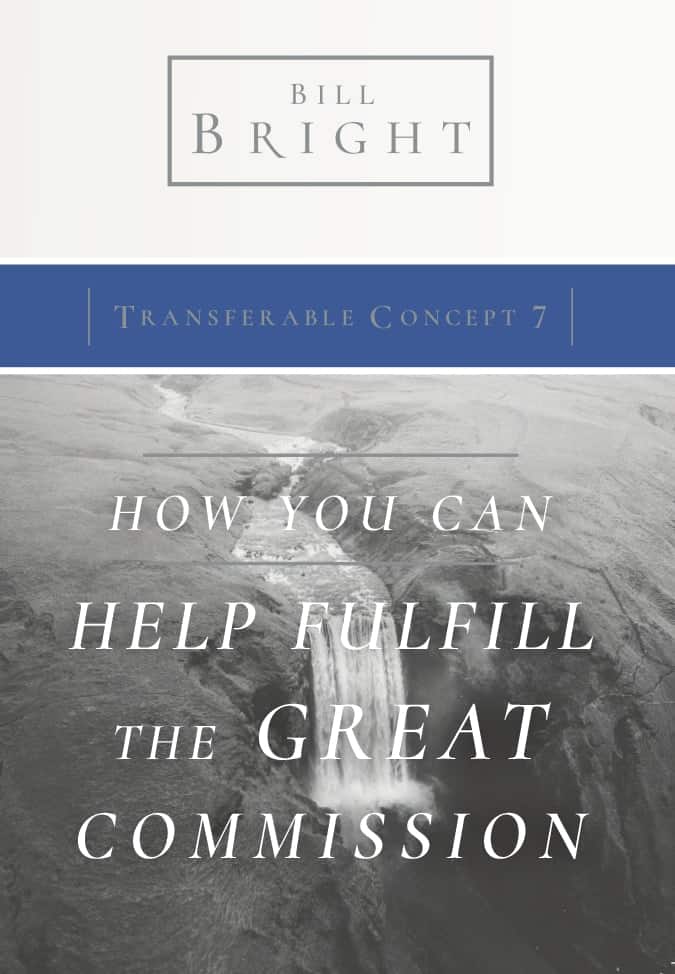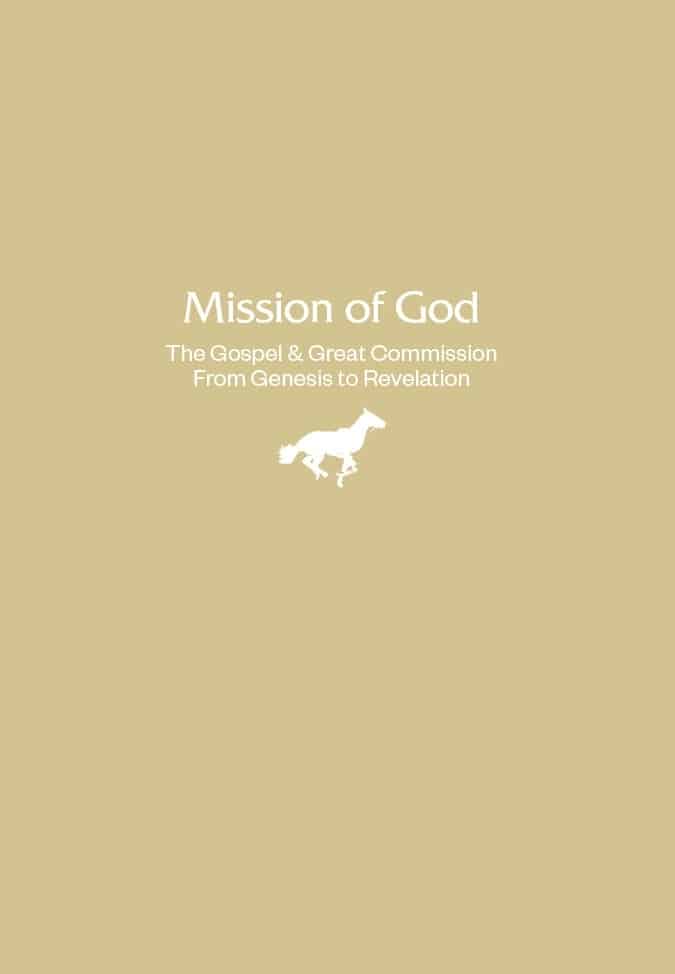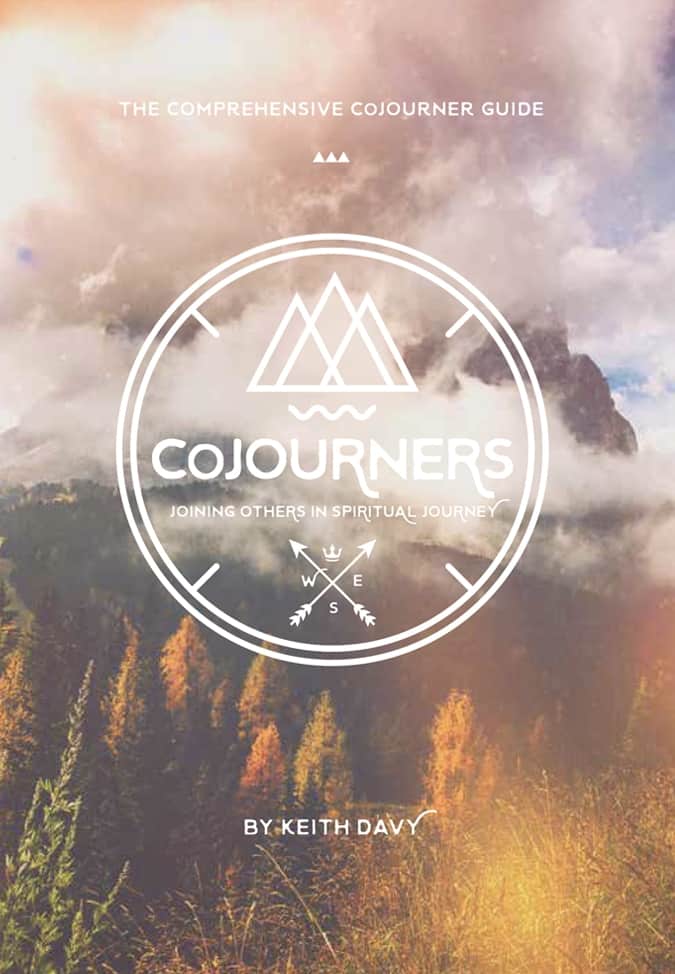Nations: The Native American Ministry of Cru

I worked for 16 years on a staffed campus in Montana and needed a change. I dreamed of an opportunity to spread my wings — something that would pose a good challenge. I had no idea what God’s plans were over the next several years. Now, looking back, I’m amazed at the wild and unexpected ride — one that I never could have orchestrated!
The longing for something new and challenging led to my decision to fill the role of missional team leader in Montana. While perusing my list of new campuses, I noticed something unfamiliar to me: “Little Bighorn College, Blackfeet Community College, Chief Dullknife Community College.” These were listed among seven Tribal Colleges that I’d never heard of.
My mind began to stir: I didn’t really sign up to minister to Indian students (or should I say Native American?). But why, after more than 16 years in Montana, was I not even aware that these campuses existed? I barely even knew we had reservations in my state, let alone seven of them — and they all had colleges?
After I settled down and began to pray and research, I became heavy-hearted and sobered by how unfamiliar these students were to me.
I learned that on the campus where I worked for over 16 years, there were over 500 Native students representing 20 or more First Nations communities in North America. In addition, campuses across North America and in the rest of the world host similar, and even much larger, numbers of Indigenous students that our current ministry model is not reaching.
But Native American students in my scope were missing from my present campus ministry and, more importantly, from my personal relationships and experience! God led me on a journey that literally changed my life. What do you do when you’re faced with the unexpected and the unfamiliar? I prayed! And with time, I grew excited about this new journey into the lives, cultures and communities of the Native American peoples.
I began by faithfully applying my years of experience and training to reach “every student” in Montana. I visited tribal colleges, met with the administration, set up information tables for students and generated stacks of contacts. I loved meeting the people in this new world that was so unfamiliar to me, and I found the Native communities in Montana warm and welcoming. However, I did feel extremely out of place and quickly began to realize that my training, experience and approaches were out of place as well. I had a lot more praying to do and a ton of learning.
This field guide is a record of thoughts, principles and resources that our ministry has gathered along this exciting journey. Our prayer is that this will be a helpful resource as you trust God to raise up gospel communities on campuses with First Nations students and faculty members.
Starting a Native American Movement in Your Community
We can move forward boldly, yet humbly, because we know God’s heart is for the First Nations of the world!
You [Jesus Christ] were slain, and with Your blood You purchased for God persons from every tribe and language and people and nation. You have made them to be a kingdom and priests to serve our God, and they will reign on the earth. (Revelation 5:9-10, New International Version)Pray: A Culture of Prayer in Your Life and on Your Team
I realize this isn’t new, but I can’t stress enough that the success of any Native ministry begins with and is sustained by humble reliance on the Lord in prayer!
Ask of me, and I will make the nations your inheritance, the ends of the earth your possession. (Psalm 2:8, NIV)
Pray for Trust. Five hundred years of an ethnocentric missionary mindset, colonial greed and U.S. government oppression has left an indelible mark on Native perceptions of Christianity. Whether you or other well-intentioned Americans feel they haven’t wronged Native people, Native people view missionaries as those touting the “white man’s religion.” Pray that trust, favor and reconciliation are paramount to your approach in light of such historical and spiritual trauma faced by Native American peoples.
Pray for Persons of Peace. Pray for God to lead you to those who deeply care about the spiritual condition of the Native people on your campus or in your area. Pray for common ground and to build trust with those of good reputation within the traditional Native community, as well as with Native believers.
(Read: “Person of Peace” by Tom Virtue)
Pray to Ensure Victory in the Spiritual Battle. A spirit of despair often overcomes Native people and communities. Suicide, drugs and alcohol, accidental deaths, unemployment, and depression occur at rates four times higher in Native communities than in the rest of the U.S. Although American Indians are a highly spiritual and even a praying people, only 3% call themselves followers of Christ. Jesus has compassion for the lost, on those who are harassed and helpless like sheep without a shepherd. He calls us to pray to the Lord of the harvest to send out workers!
We must realize, however, that we face spiritual opposition, and we must appeal to the One who can thwart the evil schemes of the devil:
Finally, be strong in the Lord and in His mighty power. Put on the full armor of God so that you can take your stand against the devil’s schemes. ... And pray in the Spirit on all occasions with all kinds of prayers and requests. With this in mind, be alert and always keep on praying for all the saints.” (Ephesians 6:10-11,18, NIV)Pray for Endurance. I wouldn’t be honest if I didn’t share that I have faced discouragement in this ministry. I have often wanted to give up or have grown impatient in not seeing change and growth happen more quickly. But at the beginning of this journey, I sensed God impressing on my heart that ministry is hard, and good things require suffering, sacrifice and lots of time! Paul tells the Colossian believers, “We have not stopped praying for you ... so that you may have great endurance and patience” (Colossians 1:9,11, NIV).
Learn: Learning Over Launching
Early in my Native ministry experience, I felt inadequate. I quickly realized that I was pretty ineffective in my efforts to share the gospel with a Native college student, let alone start a Native American ministry on a campus! My years of campus ministry experience and training seemed useless in this new endeavor. What was the problem?
I pulled together a staff meeting and invited a Lakota Indian minister with years of experience and fruit in Native American ministry to share with us. In great anticipation, we asked, “What can we do as individuals and as a ministry to be more effective at reaching Native American students with the gospel?” I thought this was a fair enough question.

Well, in typical Native fashion, he told us a story. He shared about an old Indian elder who loved Jesus. When a missionary asked this wise elder a similar question, he replied, “Stand in the puddle of our tears until you are resurrected.”
We sat back, sobered and yet scratching our heads. Then, after more sharing and more storytelling, things began to sink in. We began to realize that a predominately Euro-American, middle-class ministry (associated with a religion and people that were perceived to be oppressive) must first honor Native people by seeking to understand, appreciate and deeply know them. This is one reason why, in the process of formulating the Nations ministry, we decided that Nations would value learning over launching!
Failure to honor Native American people by learning about their lives and culture will only reinforce the doubt, suspicion and distrust that so many already have toward Christianity and Caucasians. Seek to learn not only people’s personal stories but something of their distinct history and culture as well. In Native ministry, we must emphasize the same heart that Paul shows to the believers in Thessalonica:
We were like young children among you. ... Because we loved you so much, we were delighted to share with you not only the gospel of God but our lives as well.” (1 Thessalonians 2:7-8)Like most good things in life, Native ministry takes time and requires learning — not just reading a book or two, but living life with people over time. If you are blessed to see a Nations community established on a campus, it will be the result of a lot of emotional energy, a willingness to learn an unfamiliar culture, and the awkwardness of negative associations. The investment, however, will reap the fruit of joy and changed lives. Such is the work of the gospel: bringing peace and fellowship to the lives of different people and cultures, which otherwise would never have come together.
Change: From Ethnocentrism to Contextualization
It didn’t take long for me to realize that things had to change if I was going to see a Nations ministry launch among the Native students in Montana. The current campus ministry strategies weren’t working. The root of the problem is that most ministries, churches and institutions are ethnocentric at their core. All people groups cater to and favor their own race in some good and bad ways. The problem, however, arises when people favor their own cultural preferences at the expense of other people. My friend Richard Twiss says, “What good does it do to substitute one sin-stained culture for that of another? It is Christ-like to humble yourself and lovingly serve others by honoring their cultural values, granted they aren’t distinctly and clearly unbiblical and dishonoring to God.”
Nations values contextualized ministry. This simply means that we want to remove any ethnocentric barriers that hinder the gospel from flourishing in a Native context. The following are several barriers that must be overcome if you are going to be effective in Native ministry.
Change Your Perspective. Something subtle, but very ugly, came to the surface of my heart. Sadly, I had bought the lie that my experience, resources and expertise were what others needed. A blind spot, a pious sort of superiority, had crept in. Put more painfully by Steve Corbett and Brian Fikkert in their book, When Helping Hurts: “I had developed a God Complex: a subtle and unconscious sense of superiority in which I believe that I have achieved my wealth, my successes, and my resources through my own efforts and I have been anointed to decide what is best” for Native American people (or fill in the blank), “whom I view as inferior to myself.”
This has been a painful lesson, but freeing all the same! Rather than seeing Native people as a perpetual mission field that I must reach, by God’s grace I have come to see them as co-participants. Consequently, I experience Native people as a community that teaches me much about the nature of God, His Word and His kingdom. In turn, they have benefited from my contributions.
Yes, God uses us and will continue to do so, but He often doesn’t use us in the ways we expect. It’s healthy and biblical to remember that God doesn’t need us but allows us to be a part of His greater plans and purposes. I found that He deeply wants to see First Nations students come to Christ and use them in the lives of others — far more than He wants my experience, strategies and expertise. In many ways, God doesn’t need me, but He chooses to include and bless me as I try to faithfully love His people. Through my honoring Native American students first, God will create opportunities to build trusting relationships where the gospel will enter. The old saying cannot be taken lightly: “People don’t care how much you know until they know how much you care.”
Change Your Approach. In light of the history of mission in North America, we must change our approach. My friend Josh Charette of the Turtle Mountain Chippewa expounds on why a change in approach is so critical to ministry among Native American people:
I don’t know if you are familiar with much Pioneer missionary work toward Native Americans, but most stories do not read like the ones from Jonathan Edwards to the Mohican and Mohawk of Massachusetts. Instead, they are stories that show little regard for Indians as human beings made in the image of God. The pioneer missionary work to Native Americans was often with little effect due largely in part to the mentality and missional approach to Indians. Most of the time they were seen as pagan savages in need of Christianization and education in order to be good civilized people. The approach in the pioneer days was the “kill the Indian; save the man” type. In other words, in order to truly reach this people group, it meant ridding them of their culture and their language and westernizing them by educating them and filling their lands with a Christian missionary presence. This is extremely sad because when you read the history of how Natives were robbed of their culture, you realize that much of their identity and beauty as a culture was stolen from them. They were told that they were wrong and devil worshipers for the way that they believed, and that in order to be truly saved, they must abandon their traditional ways first.We as an organization and as individuals must come to terms with the reality that our current models and approaches are probably broken in this context and aren’t tailored to the Native community. All are prone to the subtleties of pride and, unless we are willing to change, we may need to reconsider our hearts and the foundation of our call as missionaries. Optimistically, however, it’s comforting and faith-strengthening to know that we have to depend on God and trust Him as we formulate new and effective models for expanding His kingdom and reaching people.
Change Your Practices. As we approach Native ministry, we must make the drastic shift from a colonialistic approach to practices that reflect Christ’s ministry.
A traditional or colonialistic model of ministry focuses on:
- Teaching — A traditional model says, “We have the knowledge.” It’s an approach predicated on a condescending mindset, where the dominant culture assumes authority over the other person or community.
- Selling — A traditional model pitches the gospel. We have the gospel and they do not, so all we need to do is propositionally expose them to the message in an attractive way and persuade them to “buy in” to our superior message.
- Judging — A traditional model points out their “wrongdoings.” Colonists were often overcome by the nature of Native peoples, emphasizing how different they were from their “Christian ways.” They judged them as savages needing to be civilized or Christianized.
With Christ’s perspective, we see others as equals — fellow human beings created in the image of God. Christ’s perspective focuses on:
- Learning — Christ’s perspective loves them by seeking to know them and showing genuine interest in their lives and culture. As fellow human beings created in God’s image, we have much to learn and appreciate about life and God from a people different than us.
- Trading — Christ’s perspective sees relationships as mutual and symbiotic, embodying the true identity of unity in diversity that we should see in the body of Christ! As equals, look for ways to work together in education, community, health and spirituality!
- Storytelling — Once you have earned trust, then you will be able to enter into their lives with story by identifying with — not condemning — their condition. As you do, you’ll be able to freely share how the gospel has changed your life.
Beware: Natives often critique white people for talking way too much and not listening to them. Most Natives I’ve met value only speaking if you have something to say. And waiting for the elders to speak is protocol and shows respect. Bruce and Linda Farrant, in their book “Can We Get It Right This Time?,” put it aptly: “Blinded by prejudice, arrogance and a refusal to listen and understand, the dominant culture all but obliterated hundreds of tribes and cultures that had existed for thousands of years, tribes they viewed as inferior, sub-human, and unworthy of preservation. If you have all the answers, you will not feel your need to listen, especially to someone you look down upon.”
Launch
Taking prayer, learning and necessary change into account, begin to step out in the following ways. First, find out if there is a current Native American campus ministry or a church that is actively ministering to Native Americans on campus. If so, don’t begin by seeking to launch a new ministry, but look for ways to come alongside, strengthen or minister with those currently trusting God for their Native communities.
If there is not a current Native American ministry, consider the following:
For advice, services and events that will equip you for launching a Nations movement on your campus, contact nationsmovementinfo@gmail.com. Here are some practical steps you can take right away:
-
Designate a staff member, student or volunteer to commit to becoming an ambassador of Nations. The ambassador will receive the needed training to approach Native ministry in appropriate and effective ways.
-
Contact a Nations staff member and arrange a visit to become acquainted with the vision and mission of Nations and practical steps to initiate with Native students on campus.
-
Attend the annual Nations Summit in October for the valuable experience of being immersed in Native culture and to receive valuable training in launching a Nations movement.
-
Include an option for Native students to check on your fall semester questionnaires. It’s appropriate to have an option to check that includes their cultural identity and tribal affiliation:
- American Indian/Alaska Native.
- Your Tribe/Village (i.e., Navajo; Northern Cheyenne).
-
Familiarize yourself with the Native American community on campus. Most likely, this will require not just one visit but rather your persistent presence. Most Native people are used to people coming and going and are often warmed by those who return time and time again.
-
Visit the American Indian student organization or club on campus (NASA — Native American Student Association; AIP — American Indian Program; Multi-Cultural Center; etc.) Remember as you do this: You are a learner who wants to know more about the Native American presence on campus.
-
Begin by asking to speak with a student, like the American Indian club president or another student officer or leader, or an advisor for Native American students.
-
When you meet someone new in the Native American community, briefly introduce yourself and your intentions.
You could say something like, “I’m part of an organization on campus called Cru that’s about the spiritual lives of students. In our mission statement, we talk about “every student,” so we desire to learn more about the Native American community on campus. Can you tell me more about your club?”
Or you could say, “I am part of Cru, a group of students that value having a relationship with God. A few years ago, some Native students that were a part of Cru started a group called Nations. Have you heard of it? Well, it’s an organization that seeks to honor Native American students and explore what it means to follow Jesus Christ in a culturally authentic way. Do you have anything like this or do you know any Native students who would be interested?”
Or, after introducing yourself and who you’re with, say, “I’m really ignorant about the Native American community on campus, and I’m so interested in what you’re all about. What are some ways that I [or we as an organization] could learn about the Native American community on campus?”
Then, just make sure you listen. Don’t feel the need to fill the quiet space with words.
Here are some helpful ways to initiate new relationships:
- Serve at Native American campus powwows. Help with set up or whatever logistical needs they may have. Or just show up and observe.
- Invite a Native professor, elder or student leader to teach Cru student leaders and staff members about an interesting topic, like Native spirituality, a Native perspective on Christian mission or cultural awareness.
- Work together on a community project that Native students are leading. (One time we joined them in their Adopt a Highway clean-up project.)
- Invite a drum group to come to one of your meetings and share who they are and what they’re about. Make sure you compensate them with money and a meaningful gift. If you’re not sure what or how much, then ask.
Recommended Resources
Blogs
- The Talking Circle — Blogger Mark Charles in his own words: “I do not lead an organization nor do I work solely for a specific group, ministry or church. I am merely the son of an American woman (of Dutch heritage) and a Navajo man, who is living on our Navajo Reservation and trying to understand the complexities of our country’s history regarding race, culture and faith so that I can help forge a path of healing and reconciliation for our people.”
Articles
- “Ya’at’eeh” — An article from Mark Charles on first steps toward racial reconciliation with the Native American community.
- “When I Grow Up I Want to Be a Shepherd” — In this article, Mark Charles shares his reflections on and the story of raising children between the two worlds of traditional Navajo culture and Western American culture.
- “Embracing the Discomfort of Diversity” — Mark Charles shares why the diverse members of the body of Christ are crucial.
Books
- One Church, Many Tribes: Following Jesus the Way God Made You by Richard Twiss
In this captivating chronicle of the Native American story, Richard Twiss of the Rosebud Lakota/Sioux sifts through myth and legend to reveal God’s strategy for the nation’s host people. With wit, wisdom and passion, Twiss shows God’s desire to use the cultures of First Nations peoples — in all their mystery, color and beauty — to break through to those involved in New Age mysticism, Eastern religions, even Islam. One Church, Many Tribes is a rallying cry for the church to work as one so that the lost may learn to walk in life with beauty along the path of the Waymaker. - Living in Color: Embracing God’s Passion for Ethnic Diversity by Randy Woodley
Randy Woodley, a Keetowah Cherokee, casts a biblical, multiethnic vision for people of every nation, tribe and tongue. He carefully unpacks how Christians should think about racial and cultural identity, demonstrating that ethnically diverse communities have always been God’s intent for his people. Woodley gives practical insights for how we can relate to one another with sensitivity, contextualize the gospel, combat the subtleties of racism, and honor one another’s unique contributions to church and society. Along the way, he reckons with difficult challenges from our racially painful history and offers hope for healing and restoration. With profound wisdom from his own Native American heritage and experience, Woodley’s voice adds a distinctive perspective to contemporary discussions of racial reconciliation and multi-ethnicity. Here is a biblical vision for unity in diversity. - Neither Wolf Nor Dog: On Forgotten Roads With an Indian Elder by Kent Nerburn (secular)
In this 1996 Minnesota Book Award winner, Kent Nerburn draws the reader deep into the world of an Indian elder known only as Dan. It’s a world of Indian towns, white roadside cafes, and abandoned roads that swirl with the memories of the Ghost Dance and Sitting Bull. Readers meet vivid characters like Jumbo, a 400-pound mechanic, and Annie, an 80-year-old Lakota woman living in a log cabin. Threading through the book is the story of two men struggling to find a common voice. Neither Wolf nor Dog takes readers to the heart of the Native American experience. As the story unfolds, Dan speaks eloquently on the difference between land and property, the power of silence and the selling of sacred ceremonies. - Bridges of Reconciliation: It's All About Grace by Bruce and Linda Farrant
This book is a labor of love by my dear friends that have devoted their lives to the restoration of Native people through the gospel. It’s the loving admonishment the Euro-American church needs to help change the paradigm of ministry from the ethnocentricity that leads to a “misreached” people to the mutual respect and honor that we see in Jesus’ earthly ministry.
Videos and Movies
- Smoke Signals — Critically acclaimed as one of the best films of 1999, Smoke Signals was also a distinguished winner at the Sundance Film Festival! It is the first feature made by a Native American crew and creative team.
- Bury My Heart at Wounded Knee — An HBO adaptation of Dee Brown’s famous book documenting the systematic destruction of American Indians during the second half of the nineteenth century.
- We Shall Remain — Part of the American Experience series on PBS, We Shall Remain is a provocative multimedia project that establishes Native history as an essential part of American history.
- Aaron Huey: “America’s Native Prisoners of War” — Aaron Huey’s effort to photograph poverty in America led him to the Pine Ridge Indian Reservation to document the struggle of the Lakota people. Five years of work later, his haunting photos intertwine with a shocking history lesson in this bold, courageous TED talk.









